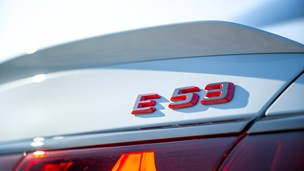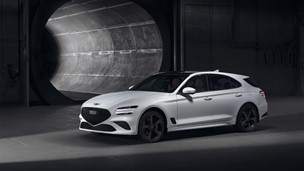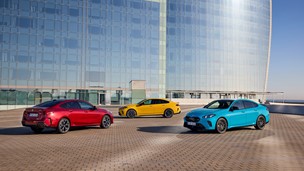Introduction
Land Rover stunned the world back in 2011 by introducing the Range Rover Evoque – a compact and chic crossover that replaced the loveable but not particularly stylish Freelander.
After the roaring success of the first generation, which sold more than 800,000 units, Land Rover is looking to pull the same trick again with the Mk 2 Evoque.
Although it may look rather similar, the new model comes with cleaner styling and inspiration from the Velar, such as the new grille, pop-out door handles and slimmer lights.
But can the new Evoque live up to the same levels as its predecessor, and also lead the competitive market that now contains the likes of the Audi Q2 and Volvo XC40? We get behind the wheel to find out…
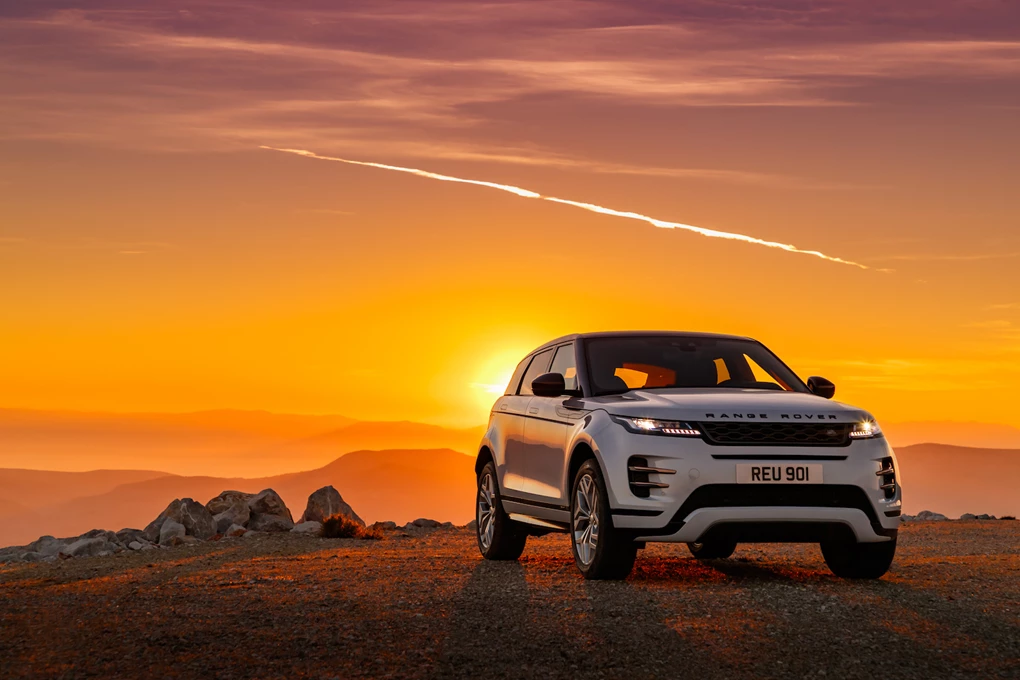
Performance
Built on the all-new Premium Transverse Architecture, the Evoque is capable of using petrol, diesel, plug-in hybrid and battery-powered units – future-proofing the model for the foreseeable time. Only conventional fuel-burners are available at launch, with six power options on offer – split equally between petrol and diesel four-cylinder engines. The entry-level diesel – a 148bhp unit – is paired to a manual transmission and front-wheel drive, while the rest of the engines come with a nine-speed automatic and all-wheel drive, as well as a mild-hybrid system to improve efficiency.
Getting behind the wheel of the top-end 237bhp diesel and the mid-range petrol that develops 247bhp showed that the Evoque was incredibly refined – with both suited to cruising by being very quiet. With the petrol, the Evoque can go from 0-60mph in seven seconds flat and reach a top speed of 143mph.
See Available Range Rover Evoque deals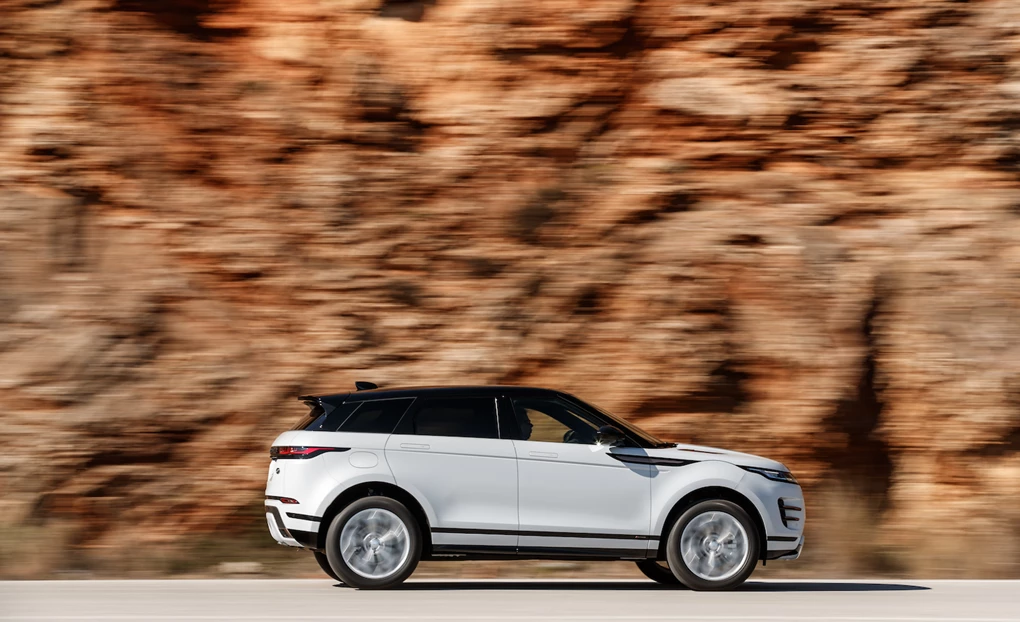
Ride & Handling
First impressions will suggest that with the overly-light steering and large steering wheel the Evoque won’t be a keen handling car. But Land Rover has done an excellent job with the compact model’s setup, as it corners flat even with the standard suspension and has plenty of grip.
Ride comfort is also excellent even when the car is fitted with the range-topping 21-inch alloy wheels, and Land Rover has done well at cancelling out most juddering on all wheel options. Being a Land Rover, the Evoque also comes the marque’s Terrain Response 2 off-road tech, which is fitted to all versions of the crossover and allows the SUV to tackle less-well-trodden routes – although it’s likely the Evoque will spend most of its time in the city limits.
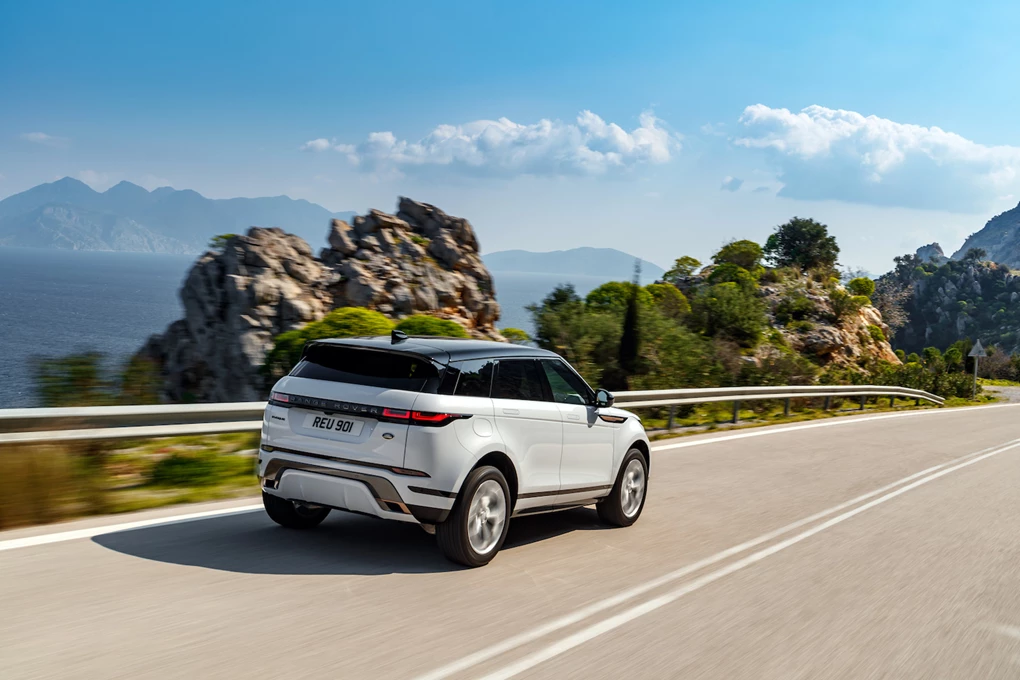
Interior & Equipment
Following in the footsteps of the larger and streamlined Velar, the cabin of the Evoque is largely devoid of buttons – with two central touchscreens used to control almost all the vehicle’s functions, such as the air conditioning, media and satellite navigation. The steering wheel comes with sleek adaptive panels instead of conventional buttons, with the functions lighting up when the car is switched on.
Due to the compact dimensions and sloping roofline of the Evoque, rear passenger space isn’t the best, with legroom rather limited. But the chairs can be trimmed in new top-end fabric upholsteries, which are all vegan and offer a great finish. The 475-litre boot is well-sized, but if needed, you can fold down the rear seats flat, customers will have access to a 1,156-litre space.
Land Rover offers S, SE and HSE trims for the Evoque – with each available with an R-Dynamic modification – and all models come with alloy wheels, LED headlights, climate control, a series of cameras, cruise control and the Terrain Response 2 off-road setup. However, the Touch Pro Duo dual-screen setup only comes in at the SE level.

Cost
In a competitive segment, it’s important to not be too pricey at first, and the Range Rover Evoque is closer to the top-end of the premium compact market at £31,600. The model we drove in SE R Dynamic trim with the P250 petrol cost £41,500.
Although there are more efficient units available, the P 250 can achieve a claimed 35.8mpg and CO2 emissions of 180g/km.
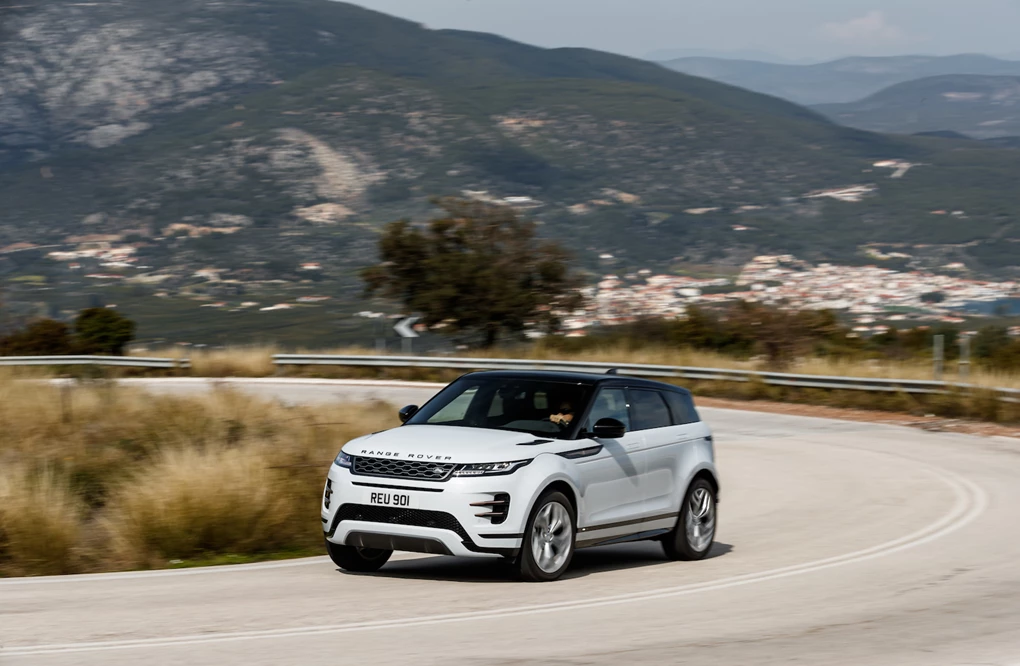
Verdict
With the design getting a refresh and the equipment more in-line with modern motorist tastes, the new Evoque is ticking many of the right boxes. Although rear seating space isn’t particularly great, the rest of the car is really quite good. Its road manners are up there with market’s best, can go off-road better than many of its rivals and it also looks very stylish. Although cars like the Volvo XC40 being more practical and Porsche Macan much more dynamic, we expect the Evoque to be the most popular of the bunch.


